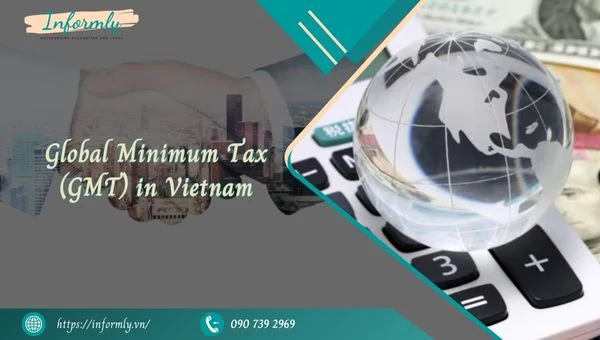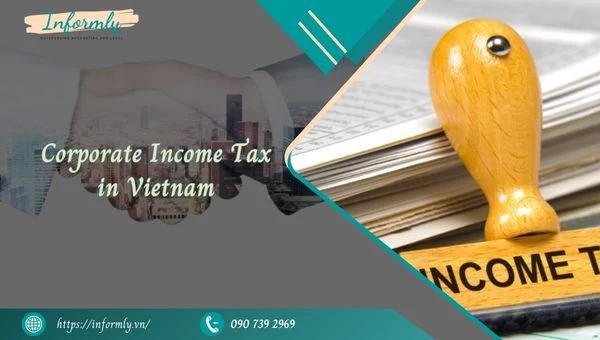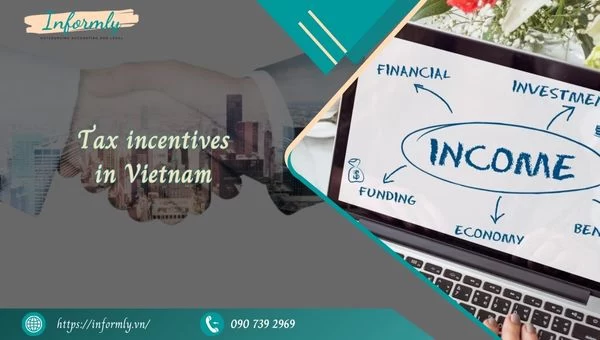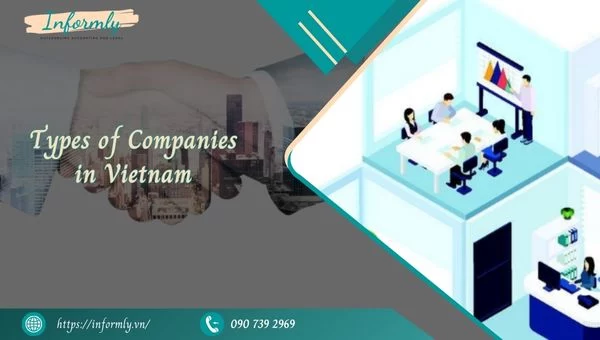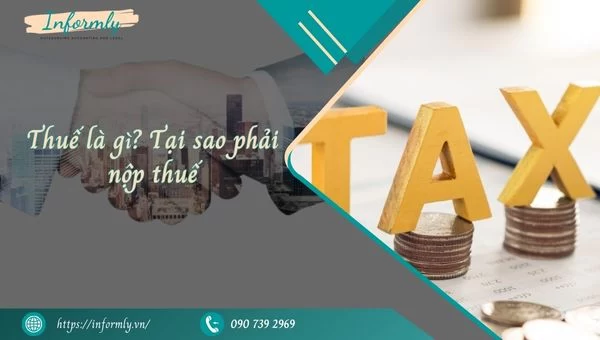Vietnam has emerged as one of Southeast Asia’s most dynamic economies, attracting global investors with its strategic location, young workforce, and investor-friendly policies. Among the many factors contributing to Vietnam’s appeal as an investment destination, tax incentives stand out as a powerful tool designed to stimulate economic growth, encourage foreign direct investment (FDI), and promote sustainable development. In this blog, we will explore the landscape of tax incentives in Vietnam, their types, eligibility criteria, benefits, and their broader impact on the country’s economy.
Understanding Tax Incentives in Vietnam
Tax incentives are government-provided reductions or exemptions in tax obligations, aimed at encouraging businesses to invest in specific industries, regions, or activities. In Vietnam, these incentives are embedded in the country’s tax laws and are periodically updated to align with national development goals. The Vietnamese government uses tax incentives strategically to attract both domestic and foreign investors, foster innovation, and address socio-economic challenges such as regional disparities and environmental sustainability.
Vietnam’s tax incentive framework is governed by laws such as the Law on Corporate Income Tax (CIT), the Law on Value-Added Tax (VAT), and the Law on Export and Import Duties. These laws outline the conditions under which businesses can benefit from reduced tax rates, exemptions, or other fiscal advantages. The incentives are designed to support priority sectors, underdeveloped regions, and projects that contribute to job creation, technology transfer, and green initiatives.
Types of Tax Incentives in Vietnam
Vietnam offers a variety of tax incentives tailored to different business activities and investment types. Below are the main categories:
- Corporate Income Tax (CIT) Incentives
The standard CIT rate in Vietnam is 20%, but eligible businesses can enjoy reduced rates or exemptions. Common CIT incentives include:- Tax holidays: Certain projects, particularly in high-tech industries or special economic zones (SEZs), may qualify for a full CIT exemption for up to four years, followed by a 50% reduction for up to nine additional years.
- Preferential tax rates: Businesses in encouraged sectors, such as renewable energy or manufacturing, may benefit from a reduced CIT rate of 10% or 17% for a specified period (typically 10–15 years).
- Loss carryforward: Companies can carry forward losses for up to five years to offset future taxable income, providing relief for startups and businesses in their early stages.
- Value-Added Tax (VAT) Exemptions
VAT in Vietnam is generally set at 10%, but specific goods and services may qualify for a 0% rate or full exemption. For instance:- Exports of goods and services are subject to a 0% VAT rate, encouraging businesses to engage in international trade.
- Certain sectors, such as healthcare, education, and agricultural production, are exempt from VAT to support public welfare and rural development.
- Import and Export Duty Exemptions
To promote trade and manufacturing, Vietnam offers exemptions or reductions on import duties for raw materials, machinery, and equipment used in encouraged projects. For example:- Businesses operating in export processing zones (EPZs) or industrial parks may be exempt from import duties on goods used for production.
- Projects in high-tech or green technology sectors often receive duty exemptions for imported equipment.
- Land and Property Tax Incentives
Investors in certain regions or industries may benefit from reduced land rental fees or exemptions from non-agricultural land use tax. These incentives are particularly relevant for businesses establishing factories or facilities in underdeveloped areas. - Personal Income Tax (PIT) Incentives
While less common, certain PIT incentives are available for employees working in specific sectors, such as high-tech industries or remote regions, to attract skilled talent.
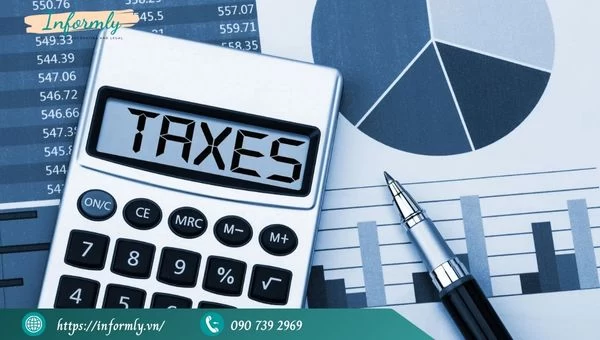
Who Qualifies for Tax Incentives?
Eligibility for tax incentives in Vietnam depends on several factors, including the industry, location, and scale of the investment. The government prioritizes projects that align with its economic and social objectives. Key eligibility criteria include:
- Encouraged Sectors: Industries such as high technology, renewable energy, biotechnology, advanced manufacturing, and information technology receive preferential treatment. For example, software development companies or solar energy projects are often eligible for CIT exemptions and reduced rates.
- Special Locations: Investments in disadvantaged or remote areas, such as the Central Highlands or northern mountainous regions, qualify for incentives to address regional inequalities. Similarly, businesses in SEZs, EPZs, or industrial parks benefit from tailored tax breaks.
- Project Scale and Impact: Large-scale projects with significant capital investment or job creation potential are more likely to receive incentives. Projects that promote technology transfer or environmental sustainability are also prioritized.
- Compliance Requirements: Businesses must comply with Vietnam’s legal and regulatory framework, including proper registration, licensing, and adherence to tax reporting obligations.
To apply for incentives, investors typically submit detailed proposals to relevant authorities, such as the Ministry of Planning and Investment or provincial People’s Committees. The approval process involves verifying the project’s alignment with national priorities and ensuring that it meets the necessary criteria.
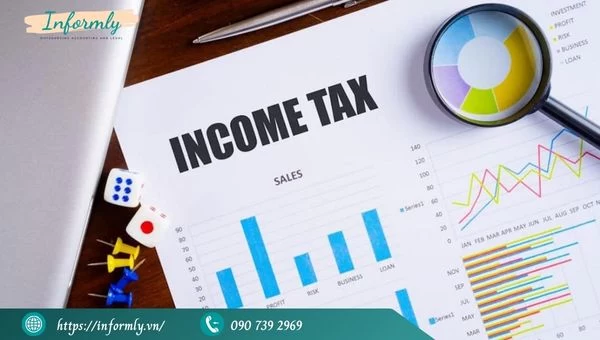
Benefits of Tax Incentives for Businesses
Tax incentives offer numerous advantages for businesses operating in Vietnam, making the country an attractive destination for investment. Some key benefits include:
- Cost Reduction
Lower tax liabilities translate into reduced operational costs, allowing businesses to reinvest savings into expansion, research, or workforce development. For startups and small enterprises, these savings can be critical for achieving profitability. - Competitive Advantage
Tax incentives give businesses a competitive edge, particularly in industries with high upfront costs, such as manufacturing or renewable energy. By lowering the cost of doing business, Vietnam becomes more attractive compared to other regional markets like Thailand or Indonesia. - Encouragement of Innovation
Incentives for high-tech and green industries encourage companies to adopt cutting-edge technologies and sustainable practices. This fosters innovation and positions Vietnam as a hub for advanced industries. - Support for Market Entry
For foreign investors, tax incentives ease the financial burden of entering a new market. Exemptions on import duties, for instance, reduce the cost of setting up production facilities, while CIT holidays provide breathing room during the initial years of operation. - Long-Term Growth
By attracting FDI and promoting domestic investment, tax incentives contribute to job creation, infrastructure development, and economic diversification. This creates a virtuous cycle where businesses thrive, and the economy grows stronger.
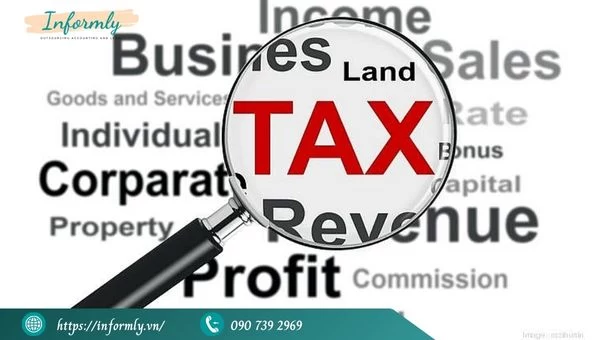
Challenges and Considerations
While tax incentives are a boon for investors, they come with certain challenges and considerations:
- Complex Application Process: Navigating Vietnam’s regulatory landscape can be daunting, especially for foreign investors unfamiliar with local laws. Engaging legal or tax consultants is often necessary to ensure compliance and maximize benefits.
- Time-Limited Incentives: Many incentives, such as tax holidays, are temporary. Businesses must plan for the transition to standard tax rates to avoid financial strain.
- Monitoring and Compliance: Authorities closely monitor incentivized projects to ensure they meet their stated objectives. Failure to comply with conditions (e.g., job creation targets) may result in the revocation of incentives.
- Regional Disparities: While incentives aim to bridge regional gaps, businesses in urban centers like Ho Chi Minh City or Hanoi may find fewer opportunities for tax breaks compared to those in rural areas.
The Broader Impact on Vietnam’s Economy
Tax incentives have played a pivotal role in Vietnam’s economic transformation over the past few decades. By attracting FDI, the country has built a robust manufacturing sector, with global giants like Samsung, Intel, and LG establishing major operations. In 2023, Vietnam recorded FDI inflows of over $36 billion, much of which was driven by favorable tax policies and business-friendly reforms.
Moreover, tax incentives have supported Vietnam’s ambition to become a regional leader in green technology and sustainable development. Initiatives like solar and wind energy projects have flourished, thanks to generous tax breaks and government support. These efforts align with Vietnam’s commitments under international agreements, such as the Paris Agreement on climate change.
Incentives have also helped reduce regional disparities by channeling investment into underdeveloped areas. Provinces like Thanh Hoa and Nghe An have seen significant industrial growth, creating jobs and improving local infrastructure. This has contributed to poverty reduction and enhanced living standards across the country.
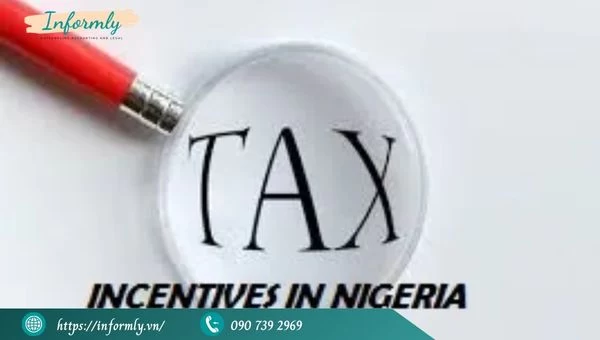
Looking Ahead: The Future of Tax Incentives in Vietnam
As Vietnam continues to integrate into the global economy, its tax incentive policies are likely to evolve. The government is expected to focus on attracting high-value investments in artificial intelligence, digital transformation, and clean energy, aligning with global trends. At the same time, Vietnam must balance the need to maintain fiscal stability with its commitment to offering competitive incentives.
For investors, staying informed about changes in tax laws and leveraging professional expertise will be crucial to maximizing benefits. As Vietnam cements its position as a manufacturing and innovation hub, tax incentives will remain a cornerstone of its strategy to drive growth and prosperity.
Tax incentives in Vietnam serve as a powerful engine for economic growth, enabling businesses to flourish while contributing to the nation’s development goals. By strategically leveraging these incentives, investors can unlock significant cost savings, drive innovation, and establish a strong foothold in one of Asia’s most promising markets. For those navigating this dynamic landscape, tools like Informly can provide invaluable insights and streamlined guidance, ensuring businesses maximize the benefits of Vietnam’s tax policies. With Informly by your side, seizing the opportunities offered by Vietnam’s investor-friendly environment becomes not just a possibility, but a reality, paving the way for long-term success and sustainable growth.

